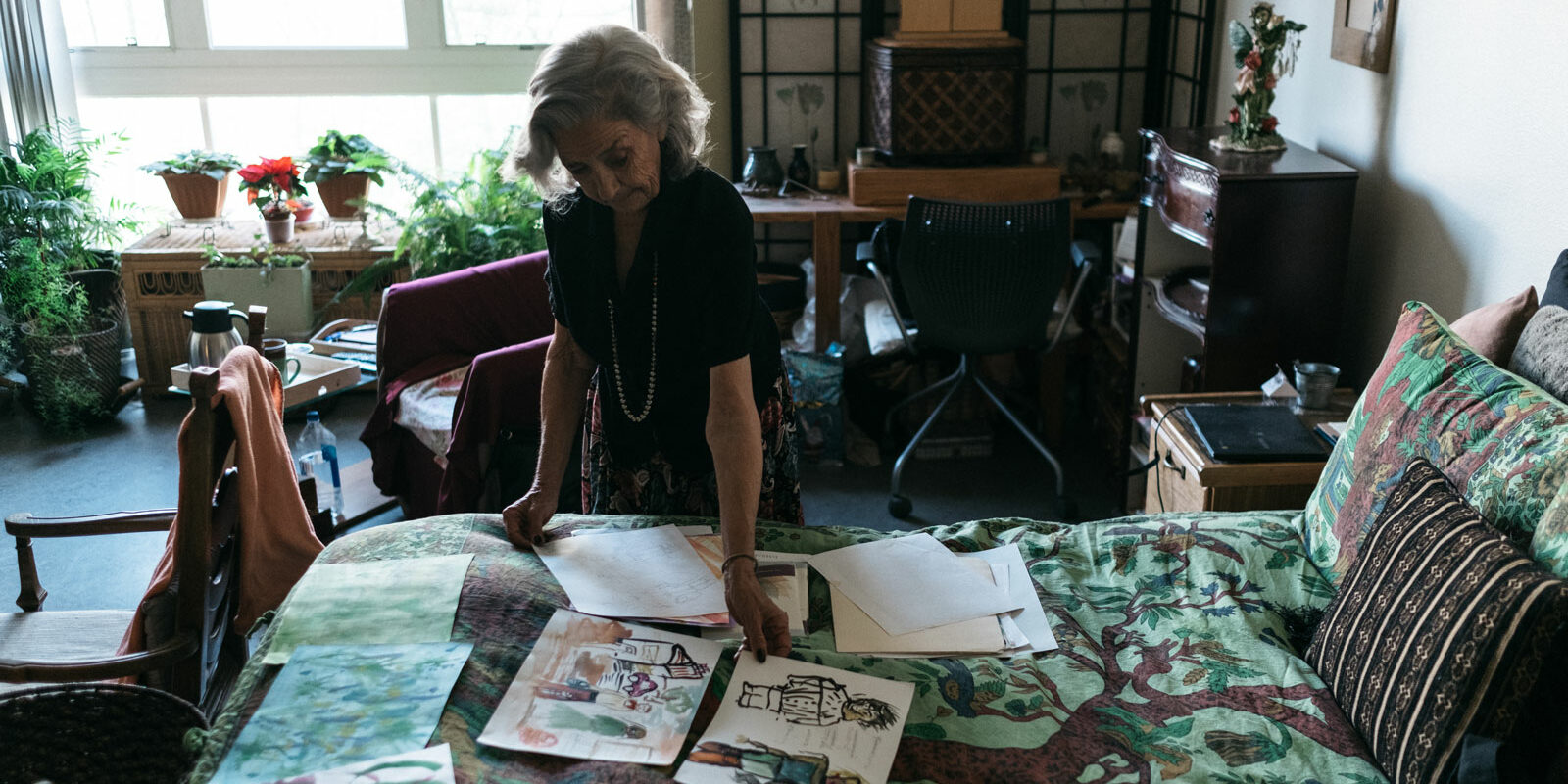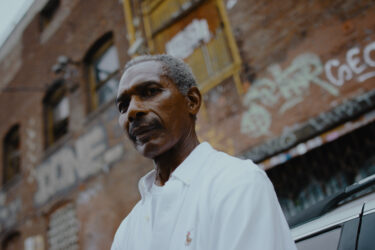The death of her son alone would have been enough tragedy for a lifetime. Emily lost her boy to a bus accident on Christmas in 2001, which devastated her. Financial ruin almost followed, but Emily worked hard to keep her head above water, even as she grieved. She sought solace in her family and moved in with her older son, which allowed her to find her footing temporarily.
“I fought homelessness for years,” says Emily. “And it was like a slow divorce…I could see I was failing and I didn’t know what to do.”
In the midst of her sorrow, she could at least count on good finances—she worked as a notary public and started a business besides. Her business did so well that, after three years, she moved out of her son’s apartment and into her own, just as her son was getting married.
But Emily hadn’t even finished mourning before she weathered another blow: the financial crisis of 2008. Her business took a hit, and after years of instability, she lost her home.
Emily had endured more loss than she could bear alone. In her 50s, homeless for the first time, and severely traumatized, Emily once stood on a highway overpass and contemplated ending her life. Instead, she checked into a mental hospital, which recommended the services of LA Supportive Housing.
In supportive housing, Emily received mental health services to cope with her hardships. She had a bed, wholesome meals, and access to a health clinic in case she got sick. Perhaps most importantly, she had hope.
“Whatever it is you have to do, I said to myself, whatever it is, you’re gonna get better,” she says.
The housing facility empowered Emily to become more independent, and today, she’s able to hold down a job. She’s even giving back: Emily teaches a class at the Center for Supportive Housing to help others improve their public speaking skills, and she’s also spoken to national legislators, pushing for better support for unhoused people.
“Don’t think it can’t happen to you,” she tells people. “It happens overnight. The question is, if it does happen to you, what would you like your homelessness to look like? Do you want it to be on a street corner, or a place for you to live and heal?”



